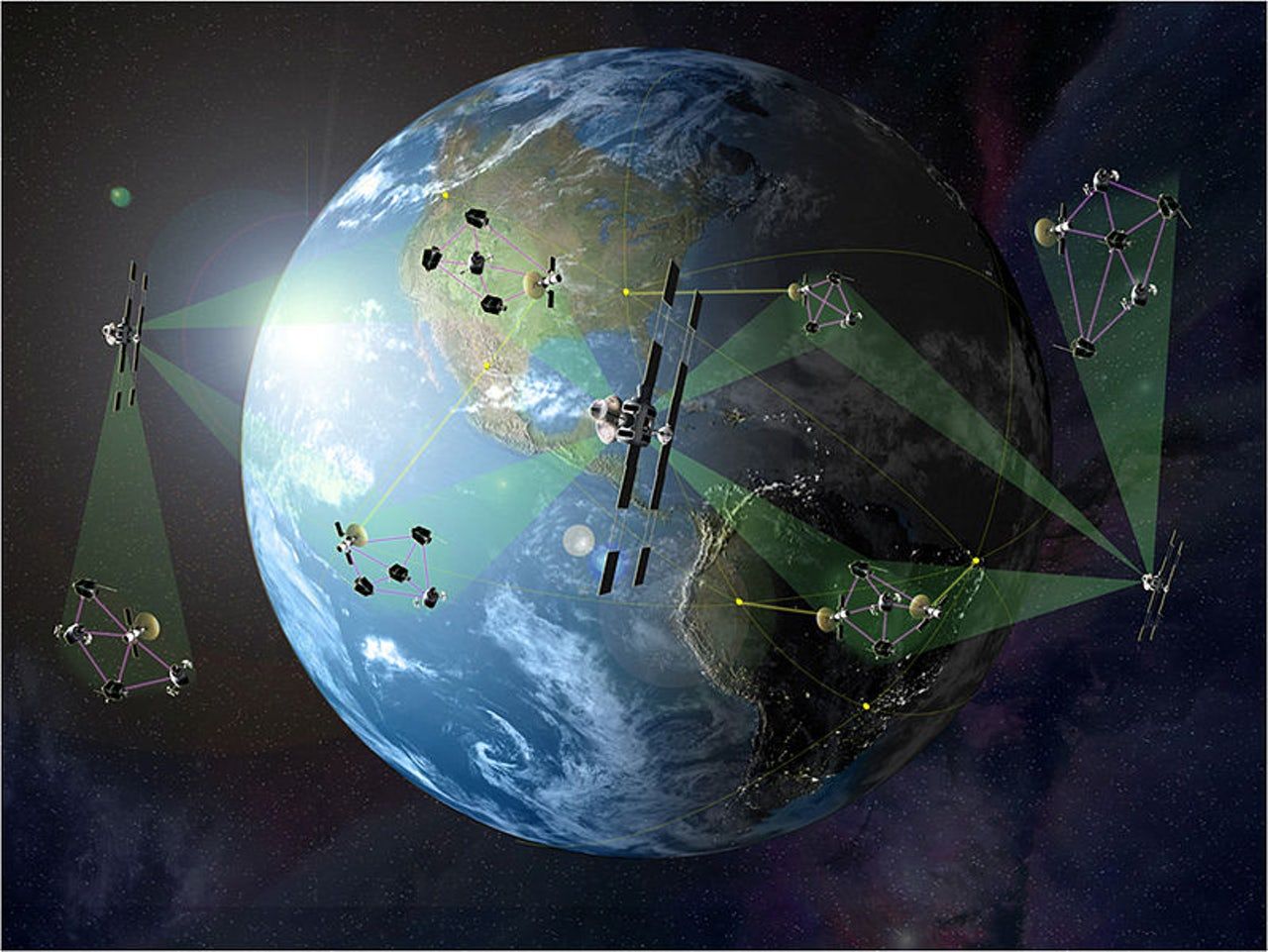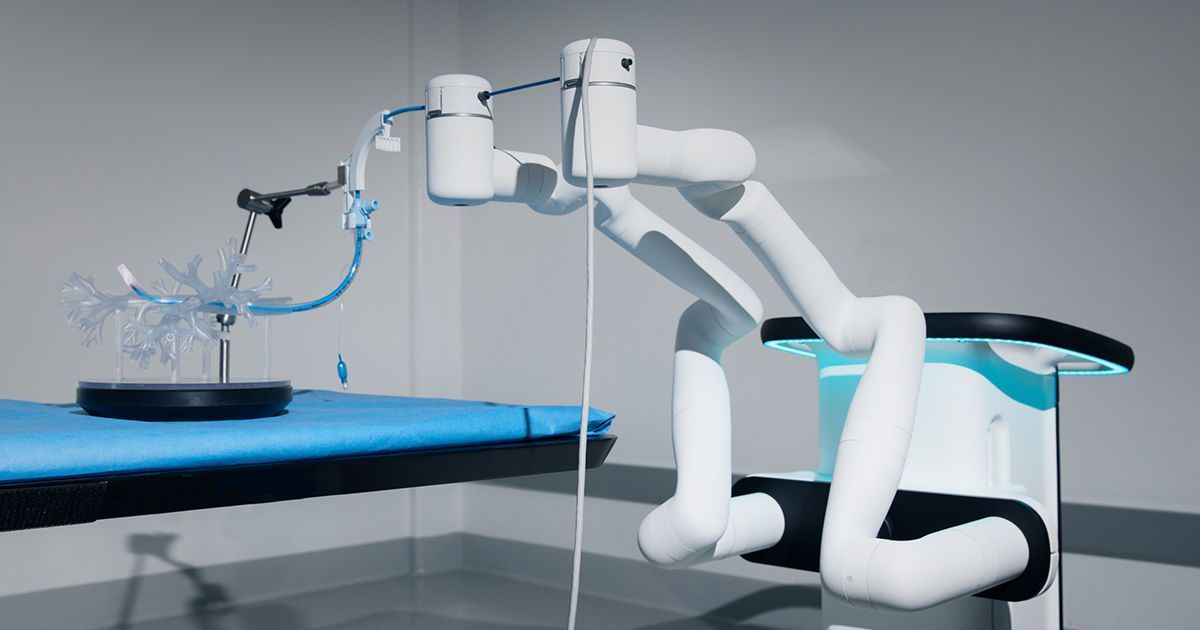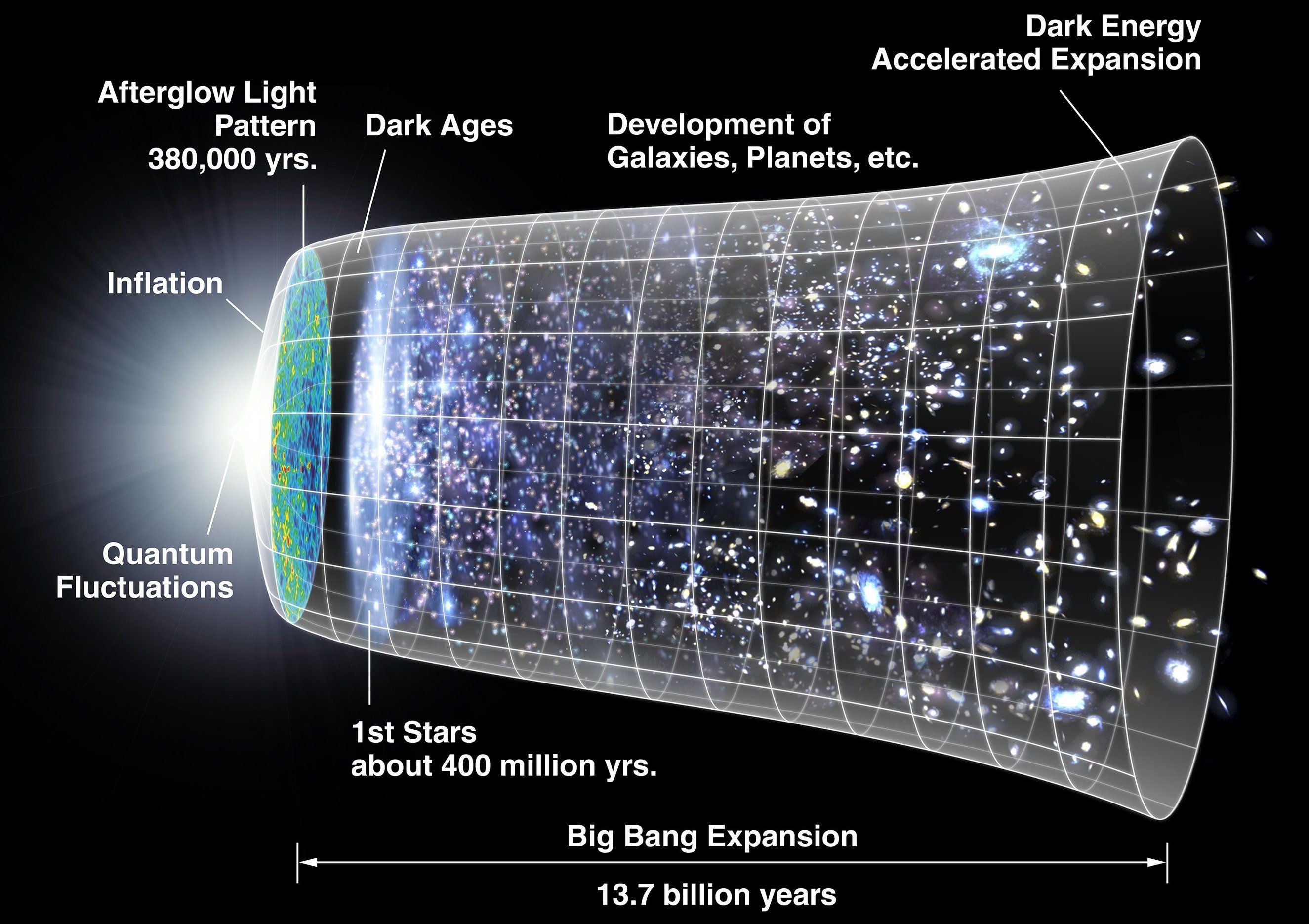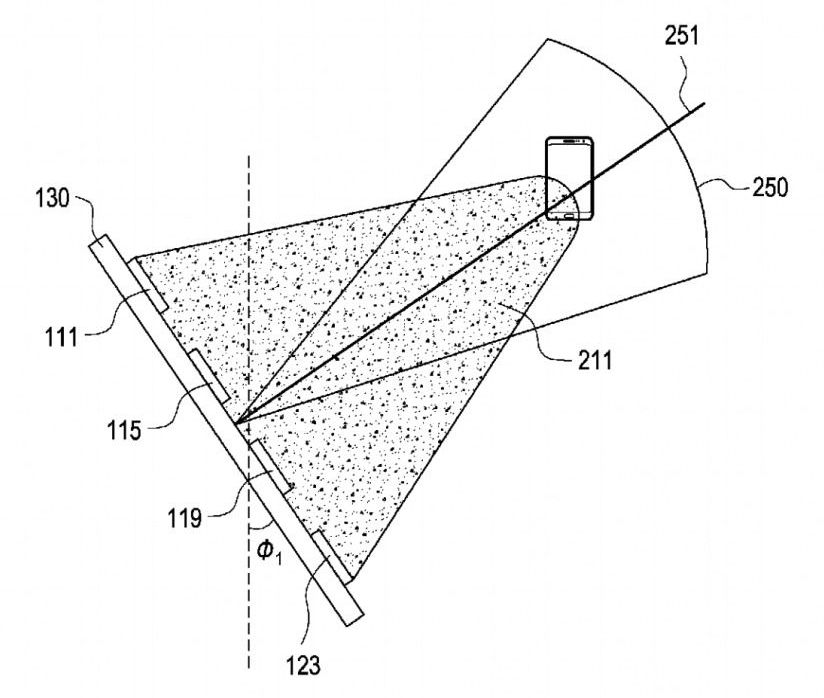Page 9881
Mar 23, 2018
Interventions to Extend Healthspan and Lifespan 2018
Posted by Steve Hill in category: life extension
This spring happens to be rich with events promoting research on aging. Just one month after the Undoing Aging conference, jointly organized by the SENS Research Foundation and the Forever Healthy Foundation, we are expecting yet another visionary event in Kazan, Russia that might prove to be another great gift to our community.
Supervised by one of the most active proponents of aging research in Russia, RAS Correspondent Member Dr. Alexey Moskalev, the fifth international Interventions to Extend Healthspan and Lifespan conference will be held in Kazan on April 23–25, 2018.
The conference will gather brilliant scientists from all over the world in one place. To make it more comfortable for international guests, an English translation will be provided for all talks.
Continue reading “Interventions to Extend Healthspan and Lifespan 2018” »
Mar 23, 2018
The price of the internet is the space race nobody knows about
Posted by Genevieve Klien in category: internet
Spectrum warehousing lets corporations control the price of the internet in the developing world.
Mar 23, 2018
Could heat ‘brain switch’ lead to Alzheimer’s treatment?
Posted by Genevieve Klien in categories: biotech/medical, neuroscience
Research in flies shows that using temperature-sensitive proteins to control neurons could give us greater insight into how the brain works—and what’s going wrong when it doesn’t.
Mar 23, 2018
DeepMind explores inner workings of AI
Posted by Genevieve Klien in category: robotics/AI
Research throws light on how a general AI that can adapt and understand new situations might work.
Mar 23, 2018
Robots Could Replace Surgeons in the Battle Against Cancer
Posted by Genevieve Klien in categories: biotech/medical, robotics/AI
Fred Moll started a $50 billion robotics company. Now he has FDA approval for a device a doctor sends into the lungs to detect cancer. His ultimate goal: Get rid of the doctor.
Mar 23, 2018
Physicists at crossroads in trying to understand universe
Posted by Genevieve Klien in category: particle physics
Scientists at Rutgers University–New Brunswick and elsewhere are at a crossroads in their 50-year quest to go beyond the Standard Model in physics.
Rutgers Today asked professors Sunil Somalwar and Scott Thomas in the Department of Physics and Astronomy at the School of Arts and Sciences to discuss mysteries of the universe. Somalwar’s research focuses on experimental elementary particle physics, or high energy physics, which involves smashing particles together at large particle accelerators such as the one at CERN in Switzerland. Thomas’s research focuses on theoretical particle physics.
The duo, who collaborate on experiments, and other Rutgers physicists – including Yuri Gershtein – contributed to the historic 2012 discovery of the Higgs boson, a subatomic particle responsible for the structure of all matter and a key component of the Standard Model.
Mar 23, 2018
Researchers find a new material for quantum computing
Posted by Genevieve Klien in categories: computing, engineering, quantum physics, security
Rumors of commercial quantum computing systems have been coming hot and heavy these past few years but there are still a number of issues to work out in the technology. For example, researchers at the Moscow Institute Of Physics And Technology have begun using silicon carbine to create a system to release single photons in ambient i.e. room temperature conditions. To maintain security quantum computers need to output quantum bits – essentially single photons. This currently requires a supercooled material that proves to be unworkable in the real world. From the release:
Photons — the quanta of light — are the best carriers for quantum bits. It is important to emphasize that only single photons can be used, otherwise an eavesdropper might intercept one of the transmitted photons and thus get a copy of the message. The principle of single-photon generation is quite simple: An excited quantum system can relax into the ground state by emitting exactly one photon. From an engineering standpoint, one needs a real-world physical system that reliably generates single photons under ambient conditions. However, such a system is not easy to find. For example, quantum dots could be a good option, but they only work well when cooled below −200 degrees Celsius, while the newly emerged two-dimensional materials, such as graphene, are simply unable to generate single-photons at a high repetition rate under electrical excitation.
Researchers used silicon carbide in early LEDs and has been used to create electroluminescent electronics in the past. This new system will allow manufacturers to place silicon carbide emitters right on the quantum computer chips, a massive improvement over the complex systems used today.
Continue reading “Researchers find a new material for quantum computing” »
Mar 23, 2018
China targets $3 billion of US goods in tariff spat
Posted by Genevieve Klien in category: futurism
Mar 23, 2018
No more wires! Samsung patents ‘over the air’ wireless tech that charges multiple gadgets at the same time
Posted by Shane Hinshaw in category: mobile phones
The Samsung patent would allow you to charge your phone no matter where you are in the room.


















